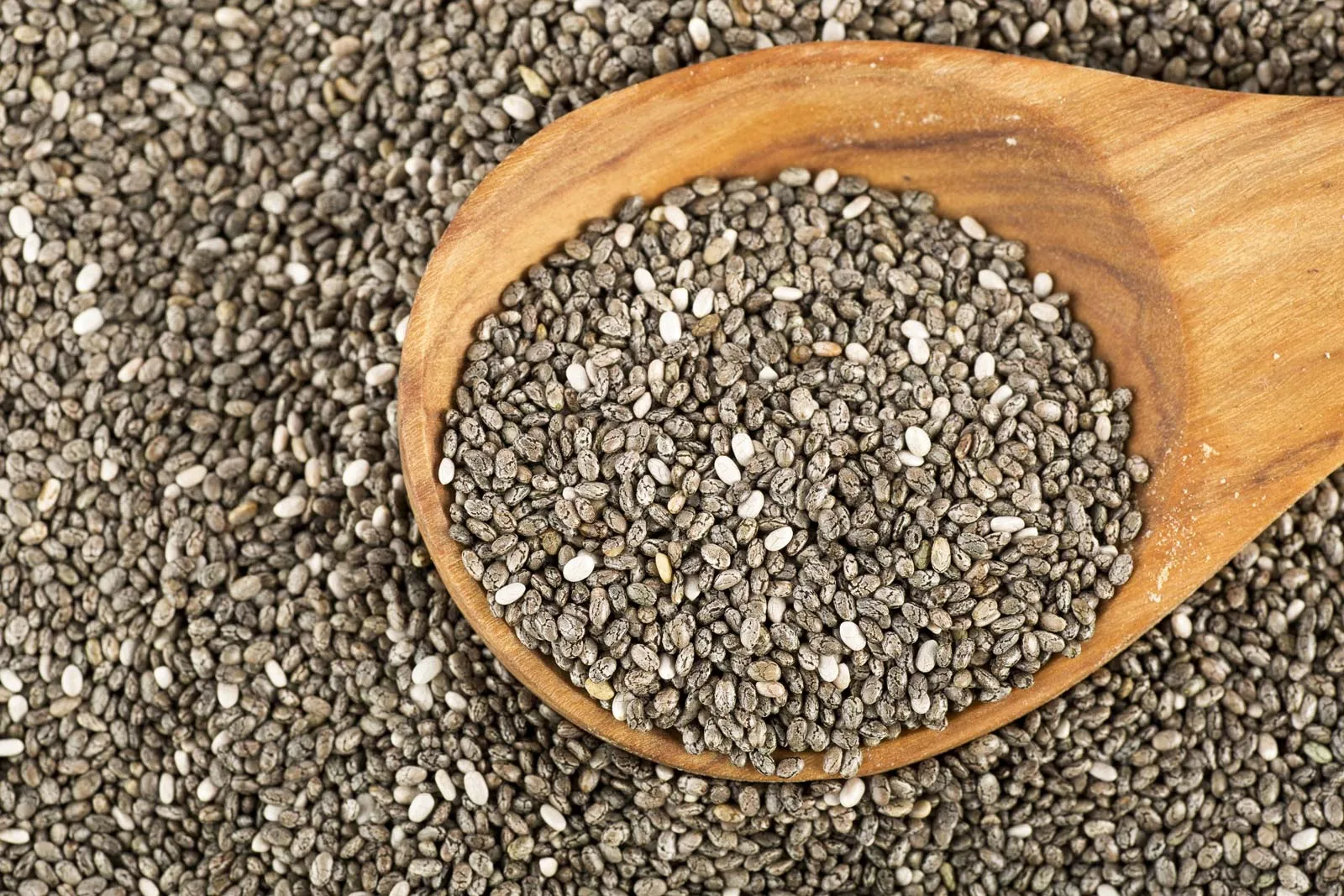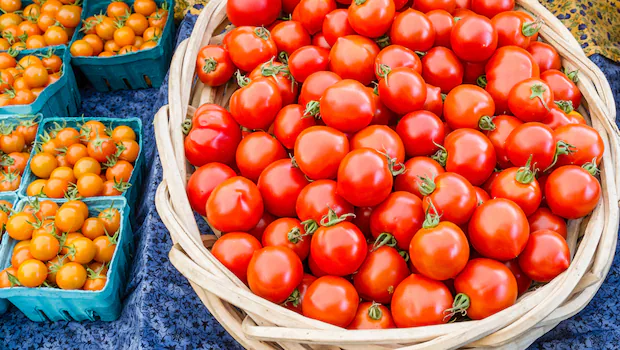Price of Chia Seeds: Have you ever been curious about the tiny seeds that are so nutrient-dense? Chia seeds, these understated yet nutrient-dense miracles, have captured the attention of both health enthusiasts and culinary experts. But what factors specifically affect the cost of this little seed in Ghana? As we explore deeper into the world of chia seeds, we will uncover the factors that affect their prices, the importance of these seeds in regional diets, and the global trends that are influencing consumer demand.
Chia seeds have reshaped the food industry, going from a renowned superfood to a staple in contemporary diets. The story of their cultivation, processing, and distribution, however, is what has contributed to their rise in popularity.
Join us as we navigate the landscape of chia seed prices in Ghana, exploring the economic, environmental, and nutritional dimensions that play a role in determining their value.
Price of Chia Seeds in Ghana
Chia seeds are the edible seeds of the Salvia hispanica plant, which is native to central and southern Mexico. They are oval and grey with black and white spots, measuring around 2 millimetres in diameter. Chia seeds have the unique characteristic of being hygroscopic, meaning they can absorb up to 12 times their weight in liquid when soaked, forming a gel-like coating. This gel texture is what gives chia-based foods and beverages their distinctive consistency.
Chia seeds have been grown by numerous societies throughout history, including the Aztecs in pre-Columbian times. They were regarded as a basic dietary component in Mesoamerican societies. Chia seeds are now grown commercially throughout Central and South America and on a small scale in their ancestral homelands of central Mexico and Guatemala. Nearly all nations, including Ghana, now sell them.
Chia seeds are often considered a “superfood” because they contain a good balance of fibre, protein, and omega-3 fatty acids. They are also a source of antioxidants.
Chia seeds are known for their potential health benefits, which include aiding in digestion, promoting heart health, and supporting weight loss. They are also gluten-free and can be a good addition to a gluten-free diet.
Uses and Benefits of Chai Seeds
Here are some uses and benefits of Chai seeds;
Uses of Chai Seed
Chia seeds have gained popularity due to their nutritional value and versatility in various culinary applications. Here are some common uses of chia seeds:
- Chia seeds can be added to smoothies, juices, and other beverages to enhance their nutritional content and add a gel-like texture.
- Chia seeds can be soaked in liquid, such as milk or plant-based milk, to create a pudding-like consistency. This can be flavoured with fruits, sweeteners, or spices to make a healthy and satisfying dessert.
- Chia seeds can be used as an egg substitute in baking recipes. When mixed with water, chia seeds form a gel-like substance that can bind ingredients together, acting as a vegan-friendly alternative to eggs.
- Chia seeds can be sprinkled on top of yoghurt, oatmeal, or salads to add a crunchy texture and boost the nutritional value of the dish.
- Chia seeds can be incorporated into homemade energy bars, granola bars, or trail mixes to provide a nutrient-dense boost.
- Chia seeds can be used as a gluten-free alternative in recipes that call for flour or breadcrumbs. Ground chia seeds can be used as a binder in meatballs or as a coating for chicken or fish.
Benefits of Chia Seeds
Chia seeds have numerous health benefits due to their high nutritional value. Here are some of the benefits of chia seeds:
- Chia seeds are packed with fibre, protein, omega-3 fatty acids, and various micronutrients.
- Chia seeds contain antioxidants such as chlorogenic acid, caffeic acid, myricetin, quercetin, and kaempferol, which may have protective effects on the heart and liver, as well as anticancer properties
- Chia seeds are high in fibre, which can help promote a feeling of fullness and reduce appetite, leading to weight loss.
- Chia seeds may help to lower LDL cholesterol and slow down digestion, which can prevent blood sugar spikes after eating a meal and promote a feeling of fullness.
- They also contain omega-3 fatty acids, which have been shown to help prevent heart disease and stroke.
- Chia seeds are an excellent source of minerals such as magnesium and phosphorus, which are vital for bone health.
- The antioxidants found in chia seeds may help to fight free radicals in the body, reducing the risk of developing certain types of cancer.
- Chia seeds contain omega-3 fatty acids, which can help to improve skin health and reduce inflammation.
Price of Chia Seeds in Ghana
The price of Chia seeds varies depending on the quantity, supplier, location and retailer.
However, the price of chia seeds ranges from GHS 10 to GHS 260.
1kg of chia seeds ranges from GHS 135 to GHS 260, 500g of chia seeds ranges from GHS 74 to GHS 84 and 200g of Chia seeds ranges from GHS 32 to GHS 65.
Factors Affecting the Price of Chia Seeds
Here are some factors that are likely to affect the price of chia seeds in Ghana:
Imports: The price of chia seeds in Ghana is impacted by the importation of chia seeds from other nations. When chia seeds are imported, prices are influenced by factors like currency rates, levies, and transportation expenses.
Supply and demand: A variety of factors, including dietary choices, health trends, and the accessibility of alternatives, may affect the demand for chia seeds in Ghana. Prices could rise if there is an increase in demand for chia seeds but no change in supply.
Production costs: The cost of producing chia seeds may vary depending on factors such as labour costs, transportation costs, and weather conditions. If the production costs increase, this may lead to an increase in prices.
Packaging and branding: The price of chia seeds may also be influenced by factors such as packaging and branding. Premium brands may charge higher prices for their products compared to generic or unbranded options.
Availability: The availability of chia seeds in Ghana may also affect the price. If chia seeds are not widely available, this may lead to higher prices due to limited supply.
Where to Buy Chia Seeds in Ghana
You can purchase chia seeds from seed suppliers such as TradeFord Ghana and Aubeng Organic Foods, local stores or online marketplaces like jiji.com.gh.
Local Substitutes For Chia Seeds in Ghana
There are local substitutes for chia seeds. These local substitutes include;
- Linseeds (also known as flax seeds)
- Sesame seeds
- Oat bran
- Psyllium husks
- Quinoa
It is important to note that while these substitutes may have similar nutritional profiles to chia seeds, they may have different flavours and textures. Additionally, some of these substitutes may be more readily available and affordable in Ghana compared to chia seeds.
Recommended Resources:
As we draw the curtain, we have gone through the complex network of factors that affect the price of Chai seeds in Ghana. The history of chia seeds is one of intricacy and relevance, from the environmental factors that affect their cultivation to the global demand that affects their availability.
As we part ways with this exploration, let’s carry with us the knowledge that every food item on our plate has a story, a journey that spans continents and generations. The story of chia seeds is a testament to the interconnectedness of our world, where a small seed can hold immense power in nourishing lives and shaping economies.
So, whether you sprinkle them on your yoghurt, blend them into your smoothies, or simply enjoy their crunch in your meals, remember that each chia seed holds within it a story of growth, value, and potential. As consumers, we have the privilege of participating in this narrative, making choices that not only nourish our bodies but also contribute to the sustainability of our planet.
And remember, every chia seed you consume is a step towards a healthier you and a healthier world.






